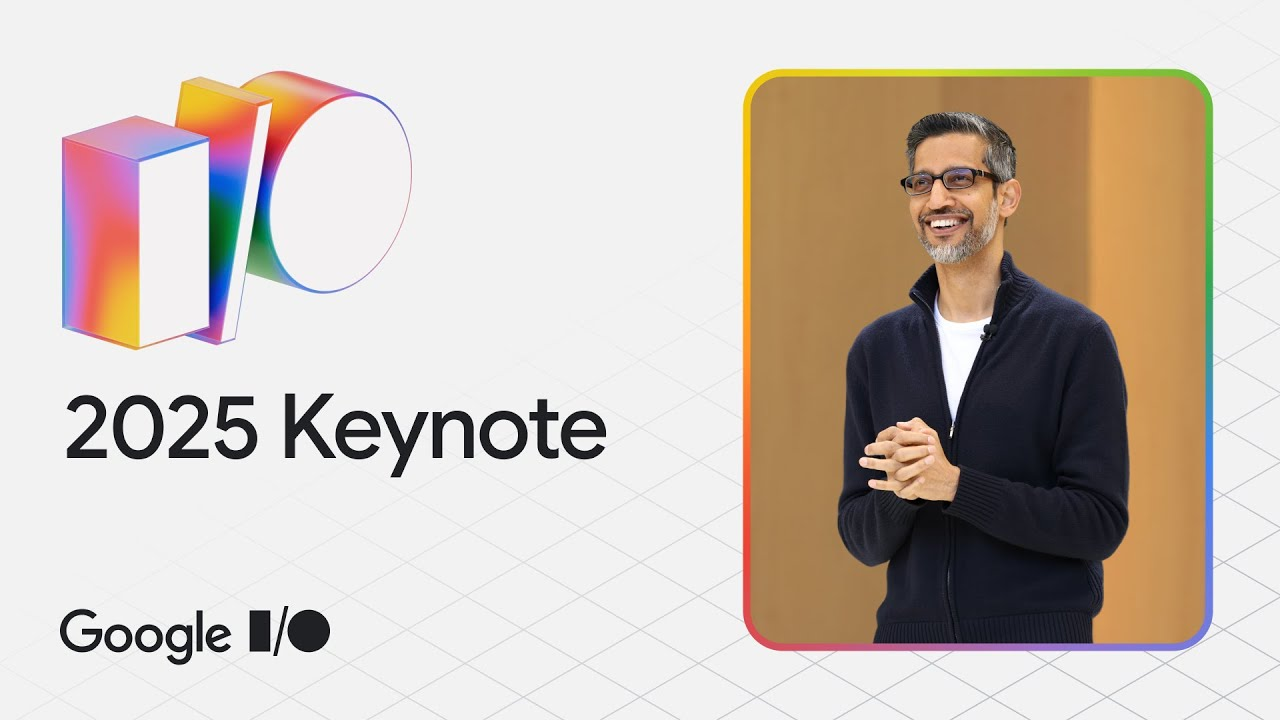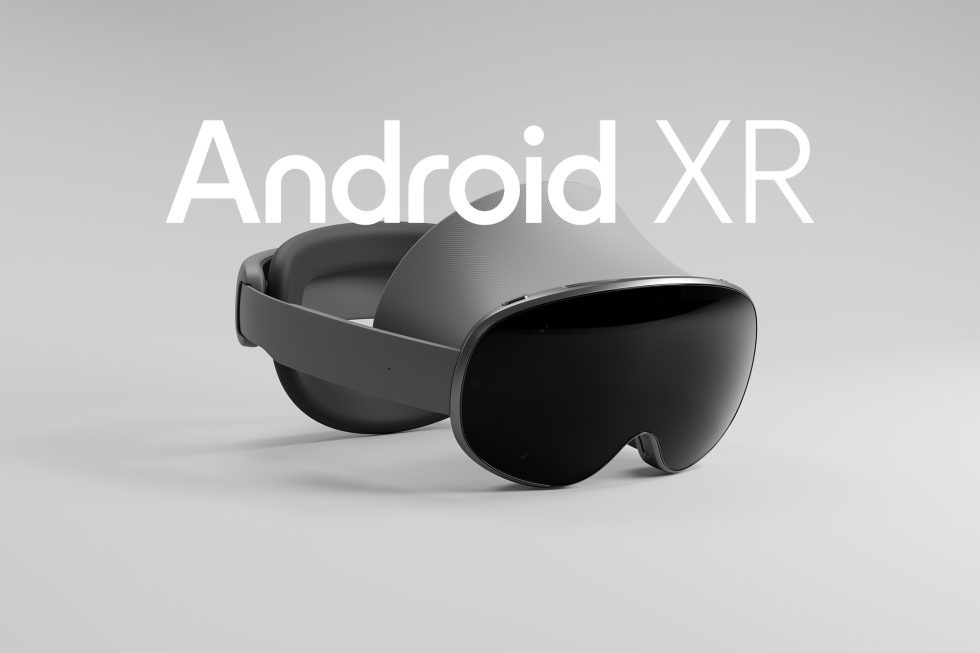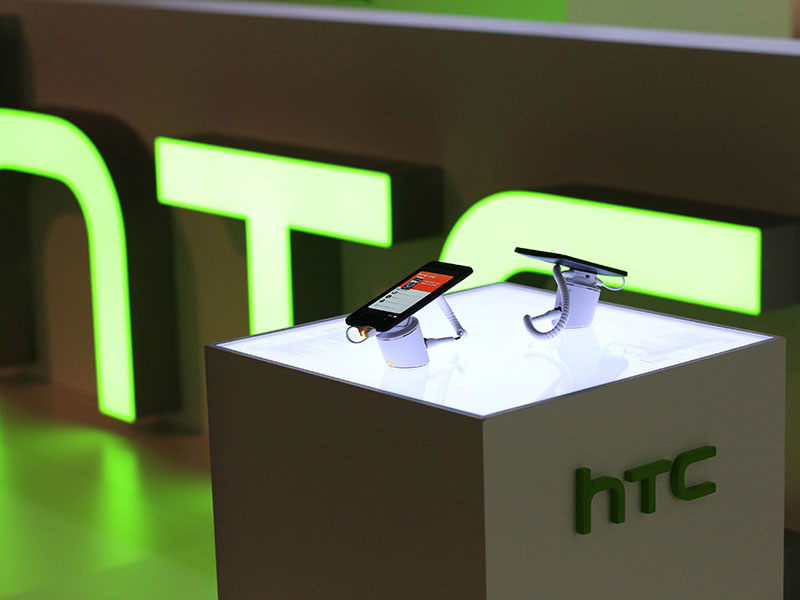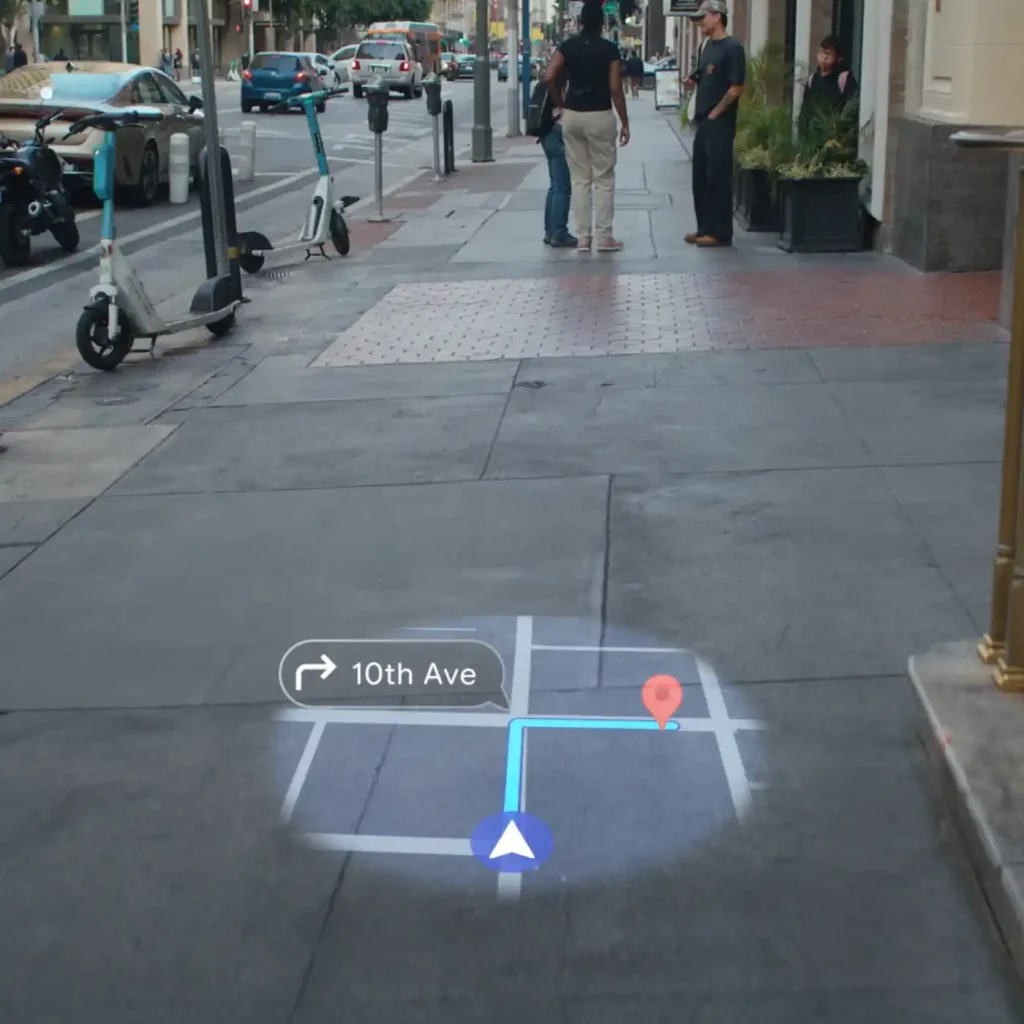The Google I/O 2025 highlights shine a spotlight on groundbreaking advancements designed to enhance Android development and harness the power of artificial intelligence tools for developers. Kicking off with a series of exciting updates, this year’s conference unveiled new features for Android that promise to transform how applications are built and experienced. Notable announcements include the introduction of Gemini updates, an innovative suite tailored to streamline coding with AI support throughout the development lifecycle. As Google continues to expand its ecosystem, developers can look forward to adaptive app development for a broad array of platforms, including automotive and XR devices. Stay tuned as we delve deeper into these game-changing innovations and what they mean for the future of app creation.
Google’s annual developer conference, I/O 2025, serves as a pivotal platform where the tech giant reveals its latest innovations and tools aimed at creators and programmers. This year’s event highlighted significant enhancements to Android applications and unveiled exciting new AI capabilities that developers can easily incorporate into their projects. Emphasizing a commitment to adaptive and efficient development practices, Google showcased the latest Gemini technology, a suite of tools designed to facilitate smarter coding and app design. With a focus on expanding the reach of Android across diverse devices and enhancing user experiences, these updates represent a major leap forward in mobile and AI-based technology. As we explore the details of these advancements, it’s clear that Google I/O continues to shape the landscape of software development with its visionary approach.
Google I/O 2025 Highlights
The Google I/O 2025 conference showcased numerous innovations designed to empower developers in their journey. Highlighting advancements in adaptive app development, the conference spotlighted the new Material 3 Expressive design language, which will enable developers to create aesthetically pleasing apps across various platforms. This is particularly significant as Google is focusing not only on mobile devices but also on Android XR and automotive applications, making it easier to design apps for an array of user experiences. With support for large-screen devices and foldable phones, the updates promise to elevate the adaptability and quality of Android applications.
Additionally, the integration of Gemini tools into Google’s development suite offers exciting new capabilities. For instance, the Gemini API aims to enhance real-time interactions and audio functionalities, catering to tasks across multiple devices. Developers can take advantage of the new features introduced in Gemini-based Design and AI coding tools that streamline the app development process, making design implementation both efficient and effective. These features set the stage for a robust development environment and easier application management for developers in the coming years.
AI Tools for Developers: Transforming Android Development
In addition to traditional development tools, Google has introduced a suite of AI tools that drastically change the landscape for Android developers. With the launch of tools like Jules, an asynchronous coding assistant that automates mundane tasks, developers can expect to save time and effort on bug fixes and feature implementations. This AI assistant operates seamlessly with GitHub, enabling a smoother workflow and allowing developers to focus more on creative aspects rather than repetitive coding tasks.
Furthermore, tools like Firebase Studio, which now incorporates AI capabilities, help streamline the process of transforming Figma designs into comprehensive applications. Developers can automatically provision backends and integrate advanced features like image generation through Gemini. This significantly enhances productivity, allowing developers to use their time more wisely, thus yielding higher-quality results in their projects without being bogged down by routine operations.
New Features for Android: Enhancements to User Experience and Development Flexibility
The updates introduced at Google I/O 2025 significantly enhance the Android development experience, giving developers new features to improve user interaction. The introduction of Compose for TV and Gemini capabilities promises to broaden the scope of application development. This shift allows developers to create immersive experiences on television screens, reaching audiences in their living rooms where large displays can enhance visual storytelling.
Moreover, with the inclusion of new Firebase AI Logic and extensive support for existing programming languages such as Go and Python, developers can build more versatile applications that cater to an even wider range of user needs. Features like the Version Upgrade Agent within Android Studio further automate the tedious process of dependency management, enabling developers to focus on innovation rather than maintenance. By embracing these updates, developers are poised to create smarter, more responsive apps in a rapidly evolving tech landscape.
Exploring Gemini Updates: What Developers Need to Know
With the recent unveiling of Gemini updates, developers have access to a plethora of new tools and capabilities designed to streamline their workflows. The introduction of the Gemini Code Assist for individuals and GitHub represents a paradigm shift in how developers can approach coding challenges. These tools not only enhance code review processes but also facilitate faster debugging and deployment, ultimately increasing the rate of successful project completions.
Additionally, the new Gemini Diffusion model is noteworthy for its significant performance advantages, outperforming previous models substantially. This enhancement means that developers can leverage efficient machine learning capabilities without compromising on speed or quality. As these Gemini updates roll out, developers must familiarize themselves with the integration process to maximize the benefits of these cutting-edge technologies in their projects.
Transitioning to Adaptive App Development: A Comprehensive Guide
As the development landscape evolves, developers are increasingly encouraged to embrace adaptive app development. The announcements at Google I/O 2025 stress the importance of creating apps that not only run across various devices but also provide seamless experiences. With tools like Material 3 and advancements in UI design, developers can now craft applications that adapt to user needs, offering tailored experiences whether on phones, TVs, or even automotive displays.
Moreover, this shift towards adaptive app development is complemented by Google’s ongoing support for a diverse array of platforms. With a focus on large-screen devices, developers can capitalize on unique use cases that enhance functionality and engagement. This comprehensive approach to app development positions Google as a leader in innovation and flexibility, making it imperative for developers to stay abreast of these advancements.
Firebase Innovations: Enhancing Application Development
The latest innovations in Firebase functionality offer unparalleled enhancements for Android developers. The introduction of Firebase Studio, featuring tight integration with design tools like Figma, allows developers to adopt a more holistic approach to app development. With capabilities for automatic backend generation and seamless prototyping, Firebase fosters an environment where creativity and efficiency thrive together.
Additionally, Firebase AI Logic is set to redefine client-side application development by embedding generative AI directly within apps. This evolution streamlines various functionalities and allows for richer user experiences. As more developers integrate these Firebase updates into their work, they can expect to build more sophisticated applications that stay ahead of market demands, ultimately driving user satisfaction and retention.
Understanding the Role of Chrome DevTools in Modern Development
Chrome DevTools continues to be an essential asset for developers, and the recent updates brought on by Google I/O 2025 further enhance its utility. With new AI-assisted features for graphical debugging and performance monitoring, developers can identify and address issues faster than ever. The renewed focus on streamlining workflow enhancements reinforces Chrome’s position as a vital tool in the developer’s arsenal.
Moreover, the integration of Gemini tools within Chrome DevTools means that developers can troubleshoot across multiple dimensions of their applications more efficiently. As features evolve, the seamless connectivity between Chrome and Firebase applications allows developers to leverage the full potential of the web environment. Embracing these updates means staying competitive in an ever-evolving digital landscape.
Building Engaging Apps with Material Design Principles
Material Design continues to play a pivotal role in shaping user experiences, and the updates from Google I/O 2025 emphasize this fact. By enhancing Material 3 with expressive design capabilities, developers are now equipped to build applications that are visually stunning and functional. These principles aid in achieving consistency across different devices and interfaces, ensuring that user interactions feel natural and cohesive.
Furthermore, embracing Material Design enables developers to leverage pre-built components that facilitate responsive design principles. As developers adapt these guidelines in their projects, they can produce applications that meet modern user expectations for usability and aesthetic appeal. Mastery of Material Design is crucial for developers looking to differentiate their applications in a saturated marketplace.
Carousels and CSS Evolution: Streamlining Development
The introduction of new CSS primitives for creating carousels marks a significant step in easing the development process. As presented in the updates during Google I/O 2025, the new features allow developers to implement creative carousels with markedly less code, promoting cleaner and more maintainable codebases. By reducing the complexity of the development requirements, developers can focus their efforts on elevating user experiences through engaging visual components.
This shift towards simpler coding in design offers a gateway for broader accessibility among developers, enabling even those with limited experience to create sophisticated layouts. As these enhanced capabilities become standard practice, we can expect to see a rise in innovative and interactive designs that captivate users and contribute to a more dynamic online environment.
Future Directions for Wear OS Development
With the introduction of Wear OS 6, Google is opening new avenues for app development on wearable devices. The first developer preview emphasizes enhancements tailored for functionality and style, such as new developer tools and Material 3 Expressive features specific to wearables. This focus on advanced watch face APIs and enhanced media controls paves the way for creating richer applications optimized for smaller screens.
As wearables become increasingly prevalent, the demand for engaging and efficient applications grows. Developers are encouraged to explore the latest Wear OS capabilities to ensure they are equipped to meet user expectations. By adapting design principles to this evolving platform, developers can contribute to a growing ecosystem that values personalization and utility in wearable technology.
Frequently Asked Questions
What are the highlights of Google I/O 2025 for Android development?
Google I/O 2025 presented significant highlights for Android development, including updates for adaptive app development across Android XR, TV, and automotive. New Material 3 design language enhancements were introduced, along with improved tools to support large-screen devices. The availability of Compose for TV and the new Stitch tool for creating User Interfaces using natural language were also key takeaways.
How will AI tools for developers be utilized in the Google I/O 2025 updates?
Google I/O 2025 showcased multiple AI tools for developers, such as Jules, an asynchronous coding assistant that automates bug fixes and feature development. The announcement of Gemini Code Assist, a powerful free AI coding assistant for GitHub, highlights Google’s focus on integrating AI into the coding process, enhancing developers’ productivity significantly.
What new features for Android were announced at Google I/O 2025?
At Google I/O 2025, new features for Android included advancements in Firebase Studio with AI-driven designs and image generation. Additionally, the updates for Android Studio featured AI-powered coding assistance through Gemini, and a new Journeys feature to create test user interfaces using natural language input.
What are the Gemini updates discussed in Google I/O 2025?
The Gemini updates at Google I/O 2025 included the introduction of new models such as Gemini Diffusion, which boasts superior performance, and Gemini Nano APIs in Chrome for on-device tasks. Other significant updates include Gemini Code Assist for Individuals and GitHub, improving code review processes and coding efficiency.
How does Google I/O 2025 enhance the integration of AI in app development?
Google I/O 2025 enhances AI integration in app development through tools like Firebase AI Logic for incorporating generative AI into applications and the upgraded Google AI Studio, which supports experimentation with AI models. These innovations streamline the development process and foster greater creativity among developers.
What improvements for developers were highlighted at Google I/O 2025 regarding Chrome DevTools?
Highlights for developers regarding Chrome DevTools at Google I/O 2025 included AI-powered enhancements for debugging, performance issues resolution, and network troubleshooting. These updates aim to optimize the developer experience by providing smart insights and easier access to necessary tools.
What features were introduced for Wear OS 6 during Google I/O 2025?
During Google I/O 2025, Wear OS 6 was announced with a developer preview showcasing improvements in Material 3 Expressive, enhanced media controls, watch face APIs, and development tools aimed at enriching the watch experience for users.
How will Firebase Studio impact developers following Google I/O 2025?
Following Google I/O 2025, Firebase Studio will significantly impact developers by offering a cloud-based AI workspace that simplifies transforming designs into functional applications, along with enhanced tools for backend provisioning and AI-driven image generation to streamline the development process.
What new capabilities does Google’s new coding assistant, Jules, offer as announced in Google I/O 2025?
Jules, unveiled during Google I/O 2025, is an asynchronous coding assistant designed to work seamlessly with GitHub, automating mundane tasks such as bug fixes, feature development, and pull request management, thereby increasing efficiency in the development lifecycle.
What is the significance of the Gemini Diffusion model introduced at Google I/O 2025?
The Gemini Diffusion model introduced at Google I/O 2025 is significant due to its superior performance, offering 4 to 5 times the efficiency compared to similar models. This advancement represents a step forward in AI capabilities, enabling developers to utilize enhanced tools for creating innovative applications.
| Feature/Announcement | Description |
|---|---|
| Adaptive app development | Covers Android XR, TV, and automotive, enhancing support for various form factors with new Material 3 Expressive design. |
| Compose for TV | Now generally available; Gemini capabilities for TV coming in the fall. |
| Stitch | Create UIs using natural language; integrates with Figma. |
| Jules | Asynchronous coding assistant that collaborates with GitHub. |
| Firebase Studio | Cloud-based AI workspace for transforming designs to full stack applications. |
| Firebase AI Logic | Integrates generative AI on client-side and cloud, supports various programming languages. |
| New Gemini models | Cutting-edge AI models for performance and interactive music generation. |
| New Gemini Nano APIs in Chrome | Enhancements for on-device tasks and Chrome extensions. |
| Chrome DevTools | AI assistance added for debugging and performance issues. |
| Carousels improvements | Developers can create carousels with less CSS and HTML. |
| Gemini Code Assist (Individuals) | Free AI coding assistant significantly increases task completion rates. |
| Gemini Code Assist (GitHub) | Integrates with GitHub for AI-powered code reviews and suggestions. |
| Android Studio updates | Includes AI-powered coding assistance and new features for managing updates. |
| Google AI Studio | Updated with a new interface and enhanced AI interaction capabilities. |
| Gemini API | New APIs for audio, real-time conversations, and asynchronous function calling. |
| Gemma | New multimodal small language model for diverse applications. |
| Wear OS 6 | First developer preview available with new tools and APIs. |
| Play improvements | Revamped Play Store with focused browsing capabilities. |
| Colab | Reimagined with AI capabilities for machine learning and data science. |
Summary
Google I/O 2025 highlights major advancements in technology aimed at developers, focusing on AI integration and enhanced usability across platforms. With innovations such as adaptive app development for a variety of devices, powerful coding assistance like Gemini Code Assist, and new tools in Firebase Studio, developers are set to enhance their productivity and creativity. Significant updates to Android Studio and Chrome DevTools further streamline the development process, ensuring an engaging experience for both creators and users alike as Google continues to lead the way in technological advancement.



